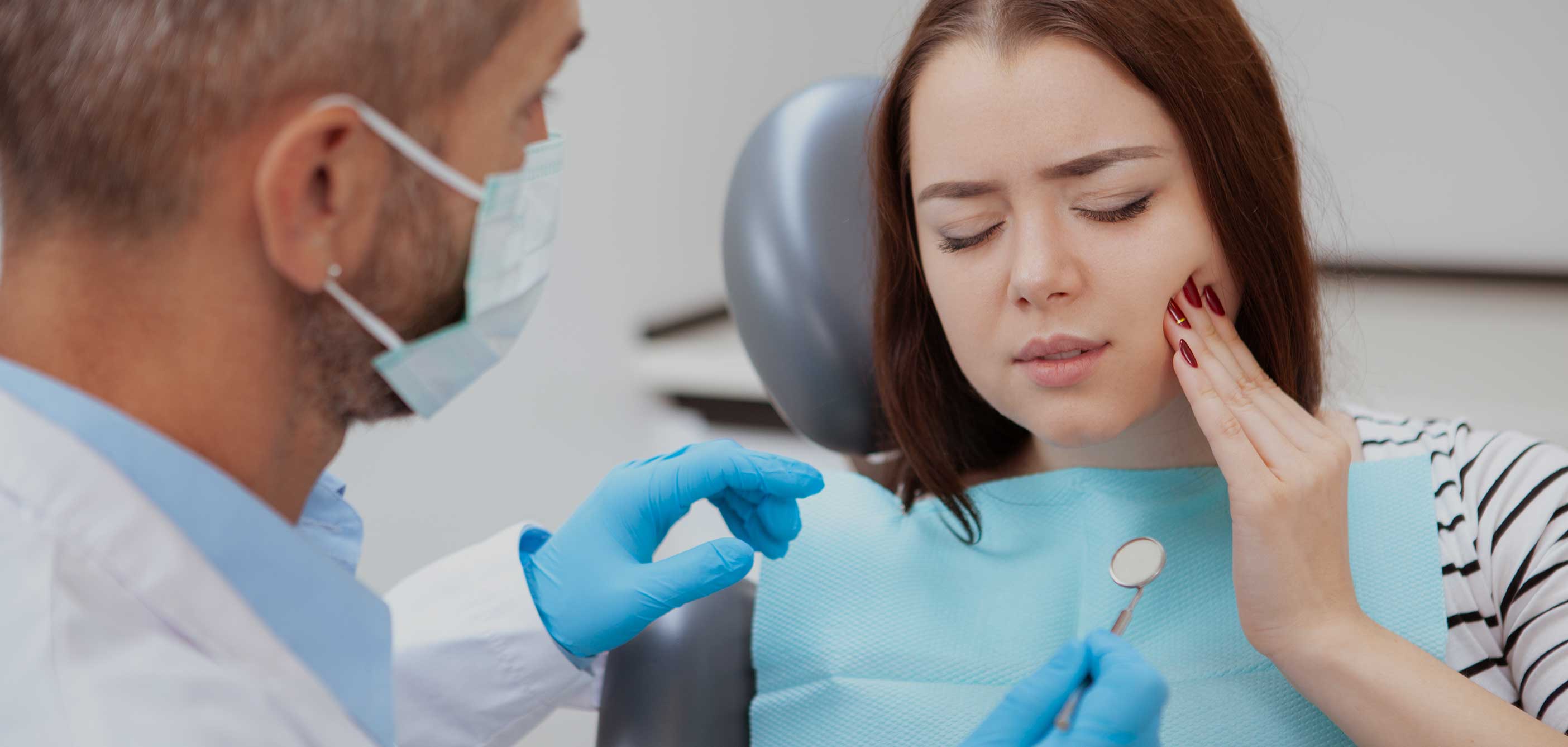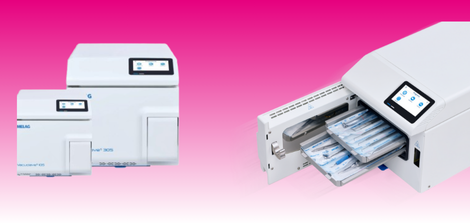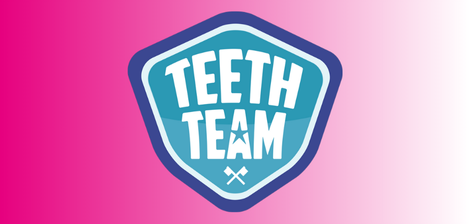Debunking medical emergency confusion
Debunking the most common misconceptions about preparing for a medical emergency.
“We have a duty of care to our patients that’s why training is important”
True, we do have a duty of care to our patients – and yes our training is vital – but our duty of care goes beyond just patients.
It’s important to be prepared for every emergency situation and that includes who it strikes. It could be a patient, a member of the team, or perhaps it could be you that needs medical attention. Because of that, each and every member of the practice team needs, and is required to through their GDC registration, to feel confident and competent and be able to act swiftly and effectively.
“Clinicians have the medical training, so they’ll take control”
Everyone in a dental practice should be equipped with the skill and knowledge to respond to a medical emergency – not just those who have clinical training.
Dentists are dental surgeons and have limited knowledge in relation to medical standards and practice, but everyone in a dental practice should take responsibility for dealing with a medical emergency. After all, what would happen if it was the dentist who was in need of emergency attention?
Seeking “medical” care for medical patients is important, however GDC registrants must be able to manage the situation until the emergency medical services arrive to assess the patient in accordance to medical standards.
The GDC states:
- There are arrangements for at least two people to be available within the working environment to deal with medical emergencies when treatment is planned to take place. In exceptional circumstances the second person could be a receptionist or a person accompanying the patient
- All members of staff, including those not registered with the GDC, know their role if there is a medical emergency
- All members of staff who might be involved in dealing with a medical emergency are trained and prepared to do so at any time, and practise together regularly in a simulated emergency so they know exactly what to do.
“You can’t prepare for the unpredictable”
Yes, no real life medical emergency situation is going to follow a text book scenario. Instead it’s going to throw a few challenges at you which you may only have seconds to react to. And it’s going to be hard work.
And true, without regular training you can’t prepare for the unpredictable. But with the proper training you can.
There are also some common emergencies teams can be confident in handling.
Seizures, asthma attacks, myocardial infarction (commonly known as a heart attack) and syncope (fainting) - all have the potential to be life-threatening, and all can take place in a dental practice.
The facts:
Vasovagal syncope is the cause of 63 per cent of incidents needing emergency treatment. Fainting is common in dental practices. And it’s easy to understand why. Fourteen per cent of Brits are afraid of the sight of blood, 3 per cent have a fear of injections – a phobia called tryanophobia and half of the UK adult population has a fear of the dentist, with a further 12 per cent suffering extreme dental anxiety (Oral Health Foundation).
Angina attacks account for approximately 12 per cent of emergencies in practice (British Dental Council: 2016).
Asthma attacks make up 5 per cent of emergencies in dental practices (British Dental Council: 2016). There are 1.1 million children and 4.3 million adults in UK currently receiving treatment for asthma. In fact, the UK has some of the highest rates of asthma in Europe and on average 3 people a day die from it.
Hypoglycaemia accounts for 10 per cent of emergency incidents in dental practices according to the British Dental Council (2016).
“Is this important - we covered this last year?”
Training to take control of a medical emergency in practice shouldn’t just be an annual event. The GDC states that dental care professionals should ‘regularly’ carry out training so they’re up to speed on any changes and they are armed with all the knowledge needed to potentially save a life.
When was the last time you undertook refresher training to prepare for a medical emergency?
After all, no one ever complained that they were too highly trained when they’ve experienced a crisis.
To update your Basic Life Support and Medical Emergencies Training contact the experts in the DD Training and Compliance Team. The training takes place at your practice and DDs qualified instructors will give the practice team hands-on training.



